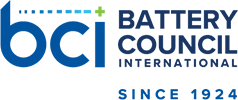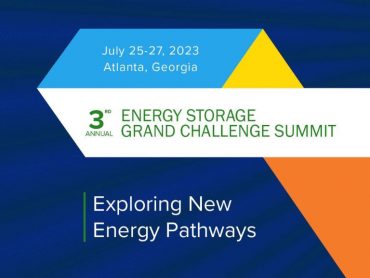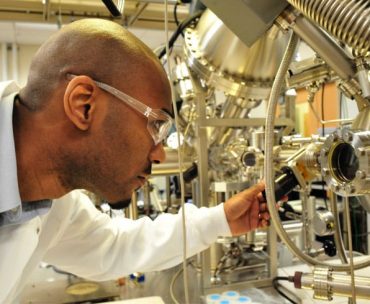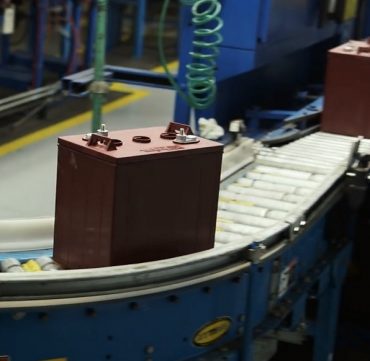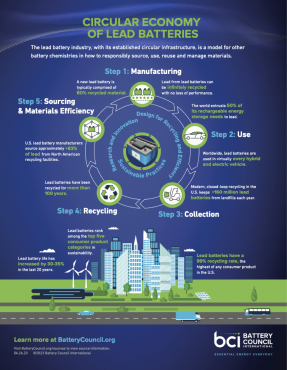
In this op-ed featured in The Washington Times, Roger Miksad, President and Executive Director of Battery Council International (BCI), addresses the critical need for the federal government to invest in more Research and Development (R&D) for America’s proven battery industry, specifically lead batteries. The call to action follows a recent announcement by the DOE’s Energy Storage Grand Challenge, which affirmed that lead batteries have the most promising potential for reaching 2030-35 energy goals. This article is reprinted from The Washington Times with permission, copyright September 2023.

![Washington Times Logo[82] Logo for The Washington Times](https://batterycouncil.org/wp-content/uploads/2023/10/Washington-Times-Logo82.jpg)
To achieve energy independence, we will need batteries of all types: lead, lithium, flow, and chemistries yet to be discovered.
The demand for batteries will outstrip domestic production for decades. Today lithium batteries receive huge interest and investment. DOE predicts 1,000 GWhrs of production capacity for lithium may be online in 2030 if all the announced plants are built. But most lithium production capacity is slated for electric vehicles so other critical applications will be underserved – particularly energy storage.
But, America’s battery manufacturers have a plan. We have a proven technology with a strong domestic manufacturing base, and which is undergoing a technological renaissance: lead batteries.
This view was confirmed at DOE’s Energy Storage Grand Challenge Summit (ESGC) in July. During the summit, they identified battery chemistries best positioned to meet target energy goals by 2030-35. The analysis found that lead batteries have the best chance of reaching the 2030-35 energy goals.
The only way we can fulfill that vision is for the federal government to invest in more R&D for lead batteries. The bipartisan infrastructure law allocated billions to invest in domestic battery technology expertise. To date, lead batteries – a proven U.S. battery manufacturing industry have received next to nothing.
Today the North American lead battery industry produces 206+ GWh of lead batteries each year, and North America’s recycling facilities supplied the majority of the raw materials needed. The environmental impact of manufacturing a lead-based automotive battery is four times less than manufacturing a comparable lithium-iron phosphate battery.
The modern lead battery is not your grandfather’s car battery. Current lead batteries form the backbone of large-format and low-voltage battery storage across all applications – cars, forklifts, data centers, and home energy storage. Carbon additives, novel expanders, and bi-polar batteries are poised to provide another jump in performance.
Similarly, flow batteries stand poised to deliver large scale storage in a robust and highly scalable way. Like lead-based batteries, flow batteries utilize low-cost, abundant materials to provide significant advantages over other technologies. Flow batteries offer the advantage of allowing the capacity of a flow battery to be scaled by simply increasing the volume of electrolyte storage – rather than deploying additional batteries.
Congress and regulators must invest holistically in lead, flow, lithium, and other technologies to ensure that the U.S. lead battery industry remains a world leader. Current federal funding is improperly tilted in favor of a handful of technologies, has failed to support the existing U.S. industry, and doesn’t reflect the nation’s existing and future reliance on lead batteries across every sector. Lead batteries have a deep record of success and industry strength that can be relied on to provide the backbone of domestic energy storage manufacturing for decades to come and are a solid investment for future needs.
